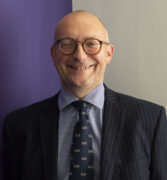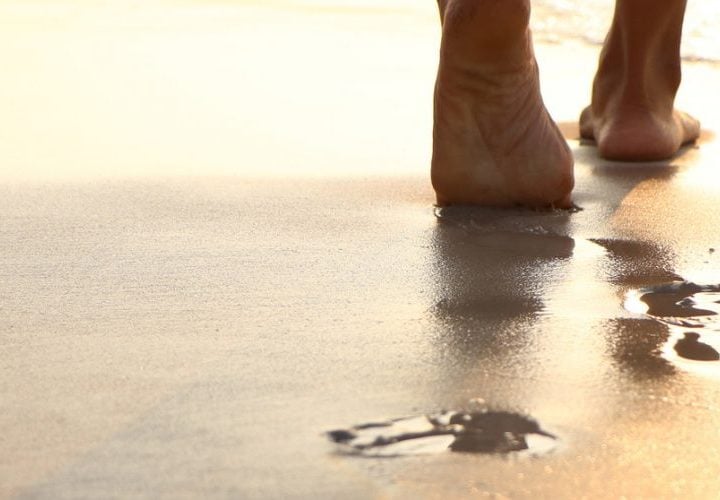Reports of child abuse linked to faith or belief have risen sharply in recent years in Blackburn with Darwen. Social services investigated 51 episodes of these incidents between 2017 and 2018, compared to the less than 5 cases investigated the year before. This makes it the borough with the highest figure of such abuse in the North West.
Nationally, there was also an 11 per cent increase in reports of child abuse due to harmful practices related to witchcraft beliefs from 1,460 to 1,630 cases.
The police splits this form of child abuse into five categories:
– abuse as a result of a child being accused of being a ‘witch’
– abuse as a result of a child being accused of being possessed by ‘evil spirits’
– ritualistic abuse which is prolonged sexual, physical and psychological abuse
– satanic abuse which is carried out in the name of ‘satan’ and may have links to cults and
– other harmful practices linked to a belief or faith
Vulnerable children are particularly at risk for this kind of abuse, including those with disabilities (particularly those with Autism Spectrum Disorder or epilepsy) and children living in foster placements.
This form of abuse is not confined to one faith, nationality, or ethnic community. Belief in witchcraft and other religious or ideological faiths itself is separate from the abuse taking place. The vast majority of people who practice these do not go on to abuse children.
Jayne Ivory, director of children’s services for Blackburn with Darwen said: “In our experience abuses linked to faith or belief can relate to a range of circumstances where people abuse positions of power to harm children and are not specific to any one faith or belief.
“Clearly abuse of any description is not tolerable and we are confident that we have strict protocols in place to understand all of the potential risks that children may face.”
The rise in reports seen in the last year may be due to an increase of abuse occurring, or it may be that people have become more efficient at identifying and categorizing the abuse.
Dr Samantha Spence from the University of Bolton says of this, “The statistics for Blackburn with Darwen do show a huge rise.
“I do think abuse linked to faith and belief is on the rise internationally, however it’s not possible to speak about the rise shown here.
“It could be that people are now more aware of this form of abuse, and maybe it wasn’t categorised this way before.”
It is also important to note that social workers sometimes fail to identify this type of abuse correctly, resulting in the removal of children from safe home environments, causing trauma to both the child and family.
There have been several high-profile instances of this occurring, most notably in Rochdale in 1990, Orkney in 1990-1991, and Broxtowe in 1987. In the Orkney scandal, social workers and police removed children from their homes due to allegations of ‘ritualistic satanic abuse’ despite there being very little evidence of this occurring.
Upon going to court, the presiding judge after one day dismissed the case, describing it as being ‘materially flawed’. The children had been subject to repeated cross-examinations and coaching to force their confessions, and there was no evidence of the abuse provided by Social Services.
In total, the children were not allowed home for 6 years. An inquiry into this incident fiercely criticized the social workers, the police, and the Orkney Islands Council. Social workers’ training, methods, and judgement were given special condemnation. This was then the subject of a claim by one of the victims against the Council.
Farleys can offer a highly experienced team who can advise on all aspects of bringing a claim for child abuse. Should you wish to speak one of our staff in confidence we can be contacted on 0330 134 6430 or by email through our online contact form.







